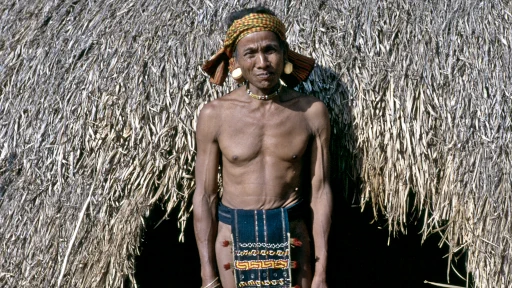Opinion Editorial Archive August, 2023: Last King of Scotland?

Last month, I wondered how many people blinked. As an informal survey, I asked twenty people: "Which country recently got a new king?" Only one person answered correctly (Scotland).
We should not extrapolate from twenty to eight billion.
In the 1970s there was no King of Scotland; there was a Queen. Still, Ugandan dictator Idi Amin declared himself the King of Scotland. Back then, the only people who talked about mental health were mental health professionals. The cultural norm was to call people like Amin 'lunatics' (who lived on the dark side of the moon). Today, the rest of us have no excuse if we fail to recognize the mental health issues that modern Amins have.
Amin gave himself many ridiculous titles, but his "King" escapade led to the work of historical fiction, The Last King of Scotland.
In the days of William Wallace, 700 years before Amin, Scotland was still populated by the descendants of its indigenous people — mainly Gaelic and Pictic peoples. Their ancestors did not have the kind of monarchy that existed by Wallace's day. His early years were spent during the reign of one of Scotland's last native kings, Alexander III. Fast forward to 2014, and an independence referendum almost led to Scottish secession from the United Kingdom.
Given this historical context (the above paragraph is an extremely brief summary), I would have expected a little more interest in Charles III's Scottish coronation. We can extrapolate from this statistic: When Charles III became, ceremonially, the new King of Scotland last month, the event received a brief soundbite in the mainstream media. In comparison, his ceremonial ascension to the English throne, in May this year, received hours of continuous, live coverage.
Despite the popularity of the film Braveheart (a work of historical fiction about William Wallace and the battle to be King of Scotland), few are now interested in the matter of the Scottish throne.
Many in Scotland want another independence referendum. If they are granted one any time soon, Charles III (who has shown mental health issues of his own) could actually be the last King of Scotland.
Most human societies have been organized into a hierarchy of political power. That was true in the homeland of the man in this month's photo at the time of Amin. He is an indigenous Mnong man who grew up during the formation of, and brief rule by, the Khmer Rouge in Cambodia.
Now officially the Kingdom of Cambodia, that country already has a king. Still, the BBC called last month's election victory, by long-tenured Prime Minister Hun Sen, a "coronation." I agree. Cambodia's political rule has been effectively an autocracy since the ousting of the Khmer Rouge. Its indigenous people have paid the greatest price.
With leadership due to pass to Hun's son, Manet, this month, Cambodia is now effectively a dynastic, patriarchal monarchy. Similar to Amin, Hun Sen could be remembered as the last, unofficial King of Cambodia.
Instead of Hollywood actors, the world's leaders with mental health issues should have gone on strike last month and allowed their countries' indigenous people to take over. Although the world would be a better place, that won't happen any time soon. Former Australian Prime Minister John Howard said last month that British colonization was the luckiest thing to happen to Australia's indigenous people. If it lands successfully following last month's launch, Chandrayaan-3 will see him on the dark side of the moon.
If you enjoyed reading this month's opinion editorial, please consider supporting independent, advertising-free journalism by buying us a coffee to help us cover the cost of hosting our web site. Please click on the link or scan the QR code. Thanks!

